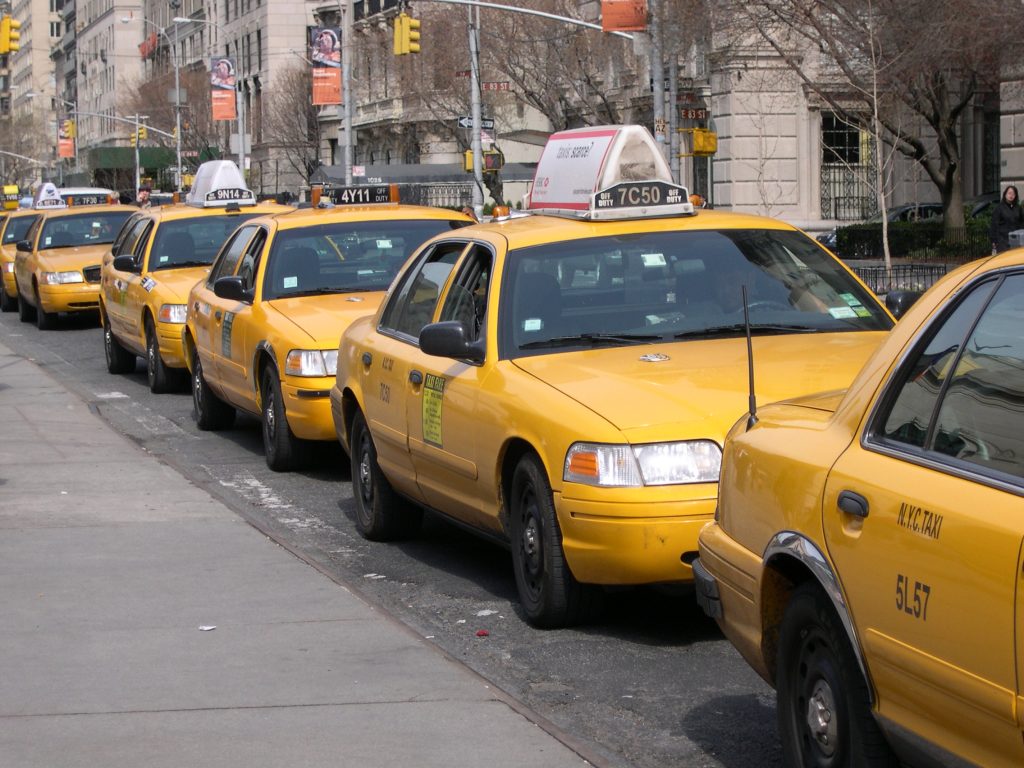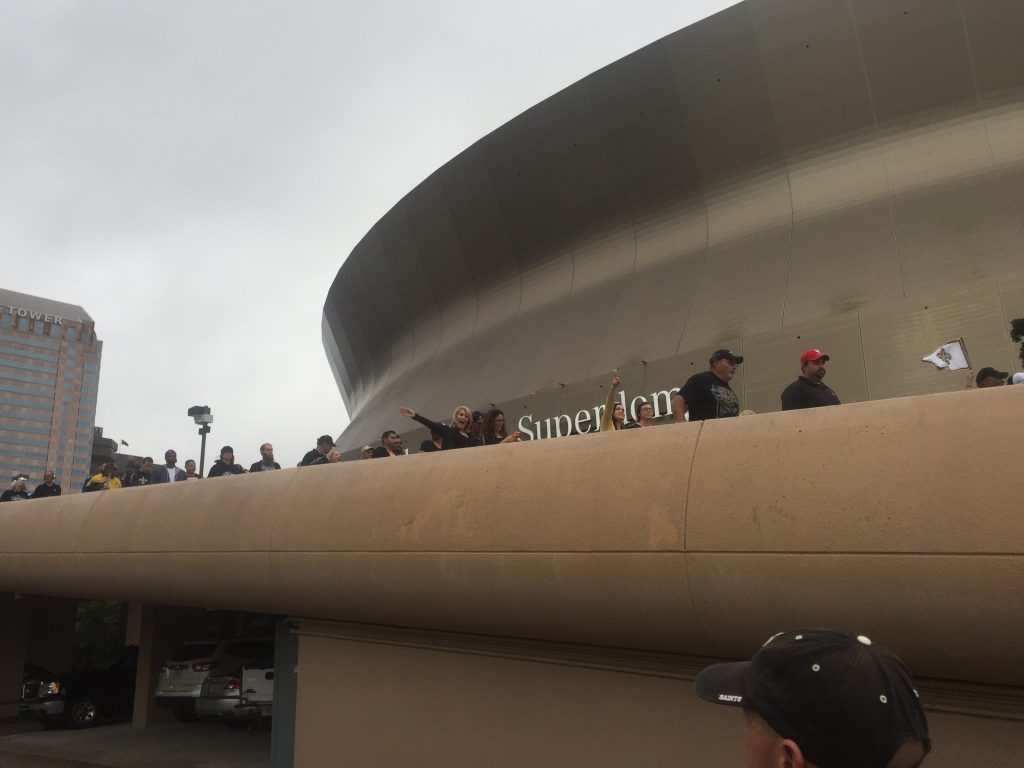 In bringing or defending against a lawsuit, an important question is which court should hear the merits of the dispute, a state court or a federal court. Any court hearing the lawsuit must have “jurisdiction”; the power to hear a particular dispute. Under 28 U.S.C. § 1332, titled “diversity jurisdiction”, federal courts have original jurisdiction over all civil actions between citizens of different states and the amount in controversy (damages sought) exceed $75,000, exclusive of interest and costs. 28 U.S.C. § 1441 allows the defendants to remove civil actions from state courts to federal courts when a case becomes “removable,” i.e. when federal courts would have proper jurisdiction over the case. Skilled lawyers know that jurisdictional issues can have significant effect on the outcome of the case and understand the nuances of procedural posturing. A 2015 case from the Louisiana First Circuit Court of Appeal discusses how amendments or supplements to pleadings such as a Petition can raise important jurisdictional questions.
In bringing or defending against a lawsuit, an important question is which court should hear the merits of the dispute, a state court or a federal court. Any court hearing the lawsuit must have “jurisdiction”; the power to hear a particular dispute. Under 28 U.S.C. § 1332, titled “diversity jurisdiction”, federal courts have original jurisdiction over all civil actions between citizens of different states and the amount in controversy (damages sought) exceed $75,000, exclusive of interest and costs. 28 U.S.C. § 1441 allows the defendants to remove civil actions from state courts to federal courts when a case becomes “removable,” i.e. when federal courts would have proper jurisdiction over the case. Skilled lawyers know that jurisdictional issues can have significant effect on the outcome of the case and understand the nuances of procedural posturing. A 2015 case from the Louisiana First Circuit Court of Appeal discusses how amendments or supplements to pleadings such as a Petition can raise important jurisdictional questions.
On April 3, 2011, Jerry and Elnora Harris’s home in Springfield, Louisiana burned to ashes. A year later, the Harrises filed a lawsuit against Union National Fire Insurance Company for the payment of their policy limits, penalties, and attorney fees. In their petition against Union National, the Harrises asserted that the total amount of damages did not exceed $75,000.00 including attorney fees, penalties, and interest. On April 9, 2012, the Harrises amended their petition, adding as defendants Bank of New York Melon, successor-in-interest to J.P. Morgan Chase Bank. The Harrises’ Amended Petition alleged that the Defendants engaged in predatory lending and fraudulent practices and sought additional damages for mental anguish, damage to their credit, and attorney fees. The Amended Petition stated that the total amount of damages sought by the plaintiffs against all named defendants would not exceed $75,000.00 including attorney fees, penalties, and interest.
On November 15, 2013, after the Defendants filed exceptions and answered the Petition and Amended Petition, the Harrises filed a Second Amended Petition, asserting that the total amount of damages against all defendants would exceed $75,000.00. The Defendants countered by filing a motion to strike the Second Amended Petition from the record, or alternatively, set for a hearing. The Trial Court granted the Defendants’ motion and ordered that the Second Amended Petition be struck from the record. The Harrises then filed a motion to vacate that order and requested that the Trail Court reinstate their Second Amended petition. After a hearing, the Trial Court vacated the order dismissing the Harrises’ Second Amended Petition and imposed sanctions of the Defendants for filing a frivolous motion to strike.
 Louisiana Personal Injury Lawyer Blog
Louisiana Personal Injury Lawyer Blog




 Some forms of business entities protect their members from certain liabilities and legal actions that might be taken against them. One of these forms is a limited liability company. The Louisiana Third Circuit Court of Appeals recently decided that the protection afforded under this form of company was enough to protect the defendant from going forward to full trial.
Some forms of business entities protect their members from certain liabilities and legal actions that might be taken against them. One of these forms is a limited liability company. The Louisiana Third Circuit Court of Appeals recently decided that the protection afforded under this form of company was enough to protect the defendant from going forward to full trial. Usually, an employee’s sole remedy against his employer for an on-the-job injury is worker’s compensation. Louisiana law creates a statutory presumption of employment status, meaning that any worker injured while providing work for a trade, business, or occupation is assumed to be a person who is covered by the Worker’s Compensation Act.
Usually, an employee’s sole remedy against his employer for an on-the-job injury is worker’s compensation. Louisiana law creates a statutory presumption of employment status, meaning that any worker injured while providing work for a trade, business, or occupation is assumed to be a person who is covered by the Worker’s Compensation Act.  When a Louisiana resident is injured, she should consider filing a lawsuit against the person, group, or organization whose negligent or intentional acts were a proximate cause of the injury. However many potential plaintiffs do not realize that there may be several other persons and entities, not readily perceptible to the layman, who could be added as defendants and help ensure the plaintiff’s just compensation. Additional defendants can be extremely helpful when a plaintiff is going after substantial compensation because there will be more individuals to help pay out the sum should one or more parties be unable to pay a judgment due to bankruptcy or some other issue. Accordingly when Kenneth Truxillo was injured while attending pre-game festivities at Champions Square, the outdoor entertainment area bordering the Mercedes Benz Superdome, he did not just seek compensation from the owners of the Superdome but added several other defendants that he believed shared responsibility for his injuries.
When a Louisiana resident is injured, she should consider filing a lawsuit against the person, group, or organization whose negligent or intentional acts were a proximate cause of the injury. However many potential plaintiffs do not realize that there may be several other persons and entities, not readily perceptible to the layman, who could be added as defendants and help ensure the plaintiff’s just compensation. Additional defendants can be extremely helpful when a plaintiff is going after substantial compensation because there will be more individuals to help pay out the sum should one or more parties be unable to pay a judgment due to bankruptcy or some other issue. Accordingly when Kenneth Truxillo was injured while attending pre-game festivities at Champions Square, the outdoor entertainment area bordering the Mercedes Benz Superdome, he did not just seek compensation from the owners of the Superdome but added several other defendants that he believed shared responsibility for his injuries. Prescription is a legal doctrine that serves to prevent people from filing lawsuits after a specified lapse of time has passed. The public policy behind the idea of prescription is not to prevent people who have been harmed from receiving relief. Instead, prescription is meant to allow someone who has caused harm piece of mind knowing that they cannot be sued after the passage of a certain period of time. Prescription allows lawsuits to be brought up to a certain time after the events leading to a lawsuit have occurred. These time limits are commonly specified in the specific texts of the laws they serve.
Prescription is a legal doctrine that serves to prevent people from filing lawsuits after a specified lapse of time has passed. The public policy behind the idea of prescription is not to prevent people who have been harmed from receiving relief. Instead, prescription is meant to allow someone who has caused harm piece of mind knowing that they cannot be sued after the passage of a certain period of time. Prescription allows lawsuits to be brought up to a certain time after the events leading to a lawsuit have occurred. These time limits are commonly specified in the specific texts of the laws they serve.  When a person files a lawsuit, they generally have the right to be heard on their complaint. However, depending on when the lawsuit is brought, the action may be barred due to the lapse of time between the events leading to the lawsuit and the date the lawsuit is filed. This rule is known as prescription and the problems that can arise for plaintiffs from this rule can be seen in a lawsuit arising out of of Hammond, Louisiana.
When a person files a lawsuit, they generally have the right to be heard on their complaint. However, depending on when the lawsuit is brought, the action may be barred due to the lapse of time between the events leading to the lawsuit and the date the lawsuit is filed. This rule is known as prescription and the problems that can arise for plaintiffs from this rule can be seen in a lawsuit arising out of of Hammond, Louisiana. Fortune 500 company, Johnson & Johnson is in hot water over recent lawsuits contending that the medical device, pharmaceutical and consumer goods manufacturer was aware of an increased risk of ovarian cancer in women who regularly used talcum powder on or near their genital region, but failed to disclose those dangers to its Baby Powder consumers. The company’s Baby Powder product is talcum powder, or talc, based. Amidst the potential and pending lawsuits, which now number over 1,000 and span across the nation, arising against Johnson & Johnson, we broke down five things you should know about the recent and potential claims.
Fortune 500 company, Johnson & Johnson is in hot water over recent lawsuits contending that the medical device, pharmaceutical and consumer goods manufacturer was aware of an increased risk of ovarian cancer in women who regularly used talcum powder on or near their genital region, but failed to disclose those dangers to its Baby Powder consumers. The company’s Baby Powder product is talcum powder, or talc, based. Amidst the potential and pending lawsuits, which now number over 1,000 and span across the nation, arising against Johnson & Johnson, we broke down five things you should know about the recent and potential claims.